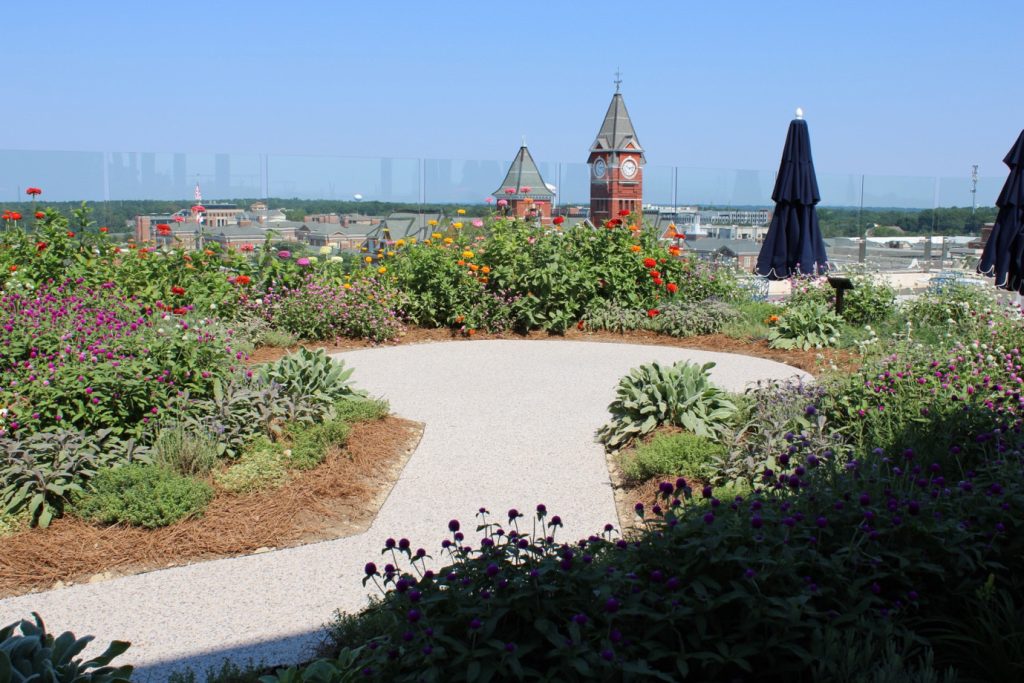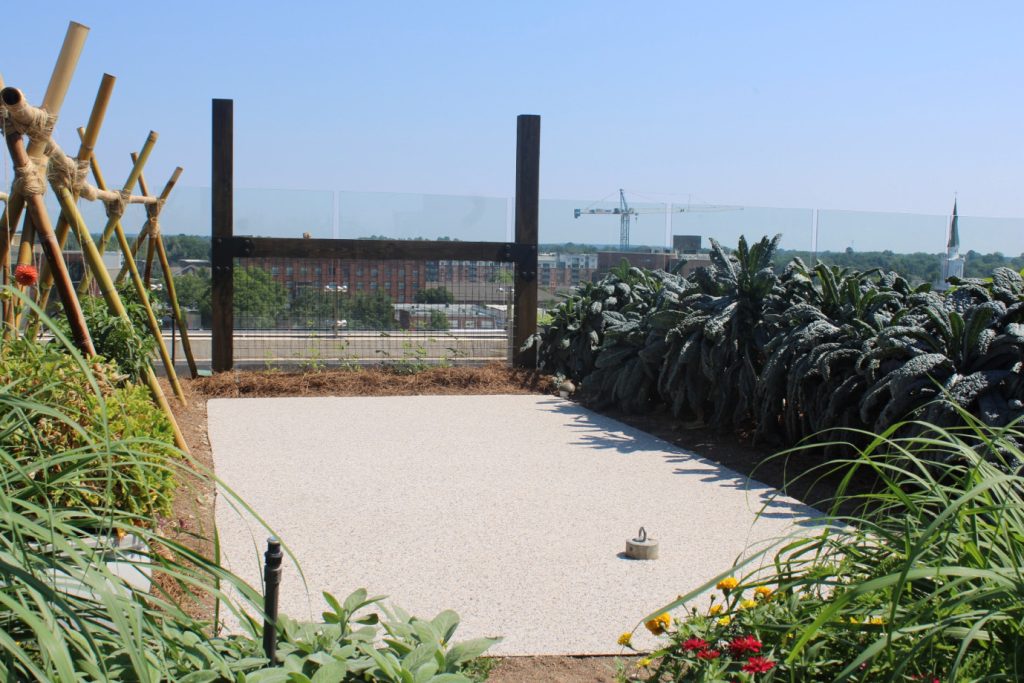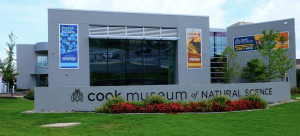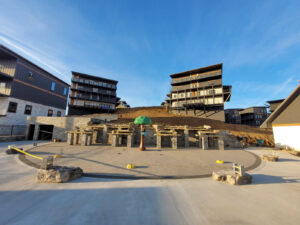Overview
The Tony and Libba Rane Culinary Science Centre at Auburn University stands as a premier facility for culinary education and hospitality management. Central to this state-of-the-art centre is its rooftop garden, a vital component of the university’s commitment to sustainable agriculture and farm-to-table dining.
The garden is more than just a green space; it serves as a dynamic, hands-on educational resource for students while supporting the operations of the centre’s upscale teaching restaurant, 1856 Culinary Residence.

Project Background
Apart from being a lovely oasis in the sky for some R & R, good food and beverages the rooftop garden at Auburn University is dedicated to the cultivation of edible plants, including herbs, vegetables, and other produce, which are directly utilized in the restaurant. As part of the centre’s mission, the garden plays a crucial role in educating students on sustainable agriculture, horticulture, and the integration of fresh ingredients into culinary practices.
However, the garden’s pathways presented significant challenges. Often muddy and unsightly, they lacked clear delineation and needed an upgrade to support the garden’s overall functionality. Additionally, a dedicated BBQ area was required to enhance catering capabilities on the rooftop.
To address these challenges, Auburn University chose to install Ace Resin, a permeable resin-bound natural stone surfacing system. The decision was influenced by the aesthetic appeal of natural stone and the practical benefits of Ace Resin’s permeability. The key features of this solution include:
Durability: The installation included laying the resin surface on 6 inches of Crush & Run with Ace ResiMesh applied beneath to prevent cracking, ensuring long-term durability and minimal maintenance.
Aesthetics and Functionality: The natural stone finish of Ace Resin was a significant factor in its selection, providing an attractive, professional appearance that complements the garden’s environment. The clear delineation of pathways improves the garden’s usability, and the new BBQ area facilitates outdoor catering events.
Permeability: The resin-bound surface allows water to pass through, replenishing groundwater and sustaining the plants in the garden. During heavy rain, this feature ensures the pathways remain free of puddles, enhancing safety by preventing standing water that could freeze in cold temperatures.

Outcome
The installation of Ace Resin Surfacing has transformed the rooftop garden into a more functional, aesthetically pleasing, and sustainable space. The improved pathways not only enhance the garden’s usability but also support the educational and operational goals of the Tony and Libba Rane Culinary Science Centre. This project underscores Auburn University’s dedication to sustainability, culinary excellence, and innovative education in the hospitality industry.
Underlayment: 6 inches of Crush & Run with Ace ResiMesh
Surfacing: Boston Blend
Sq Ft: 350


